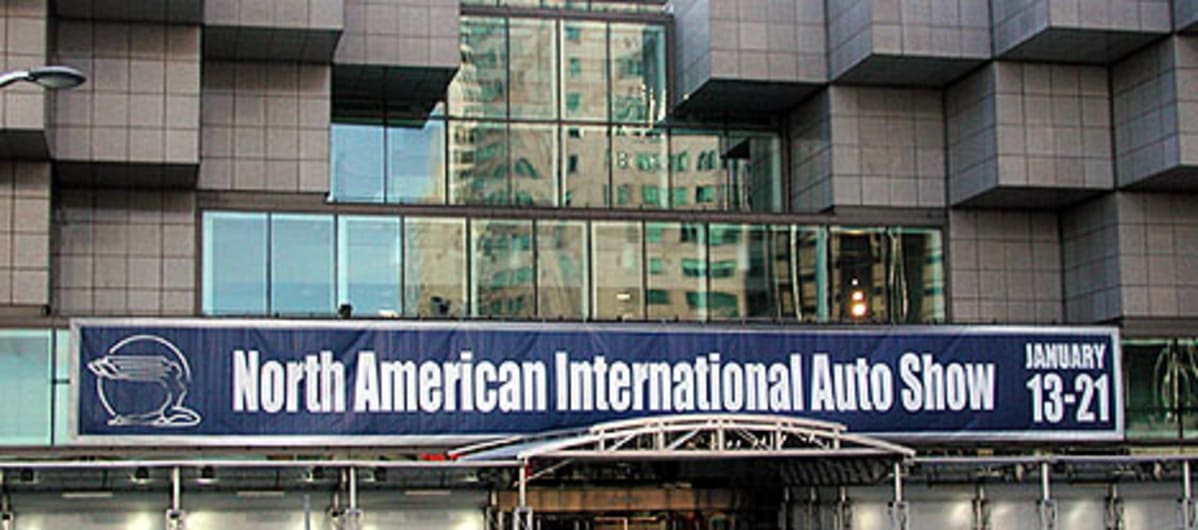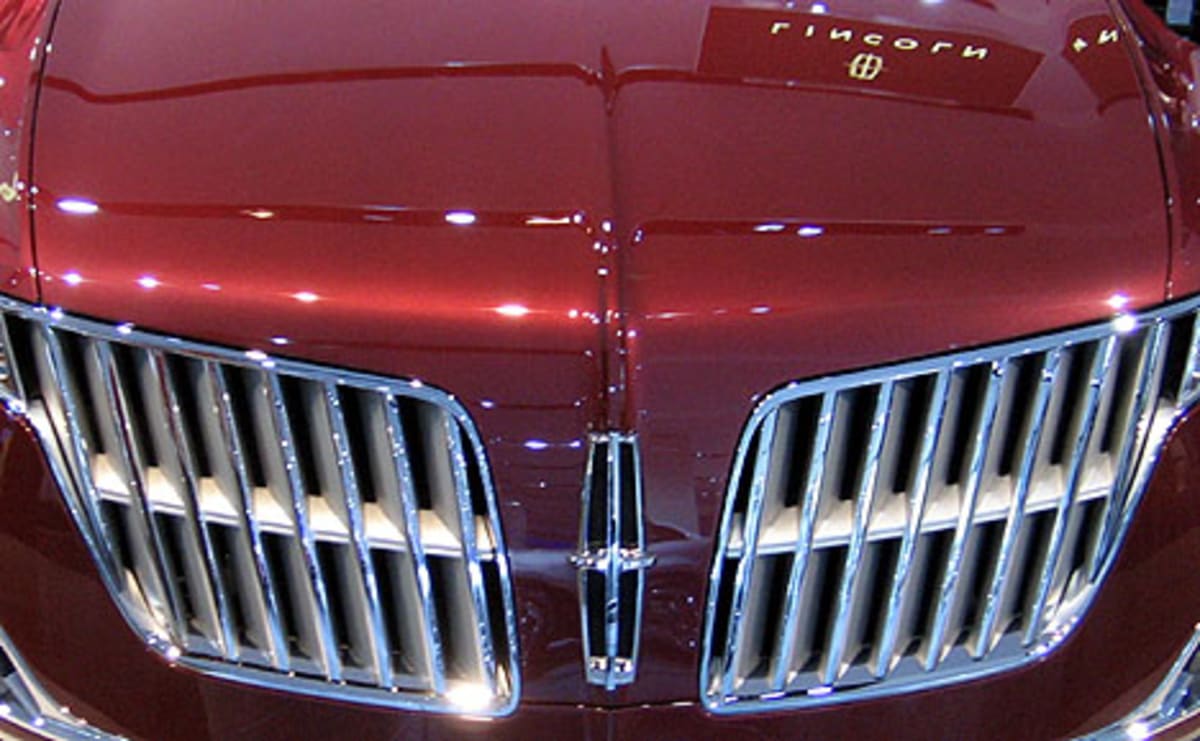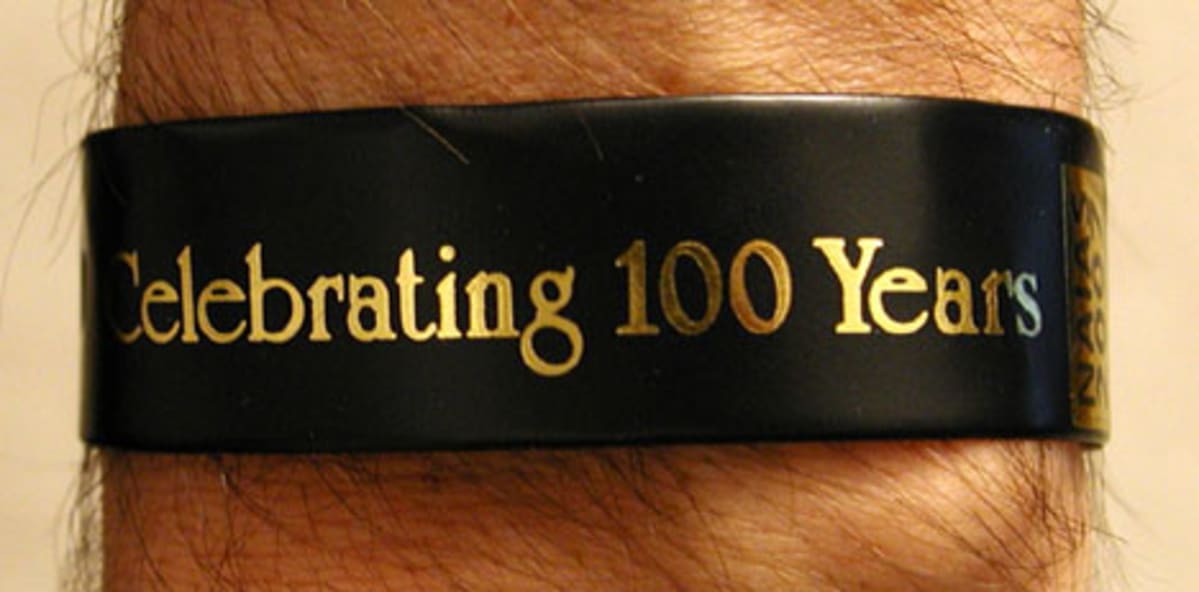VARIATIONS ON A THEME FROM DETROIT
This article is from our archives and has not been updated and integrated with our "new" site yet... Even so, it's still awesome - so keep reading!
Published on Sun, Jan 14, 2007
By: The LACar Editorial Staff

VARIATIONS ON A THEME FROM
DETROIT
A Breath Of Fresh Air For Ford?
Every year we see senior auto industry executives walking through Cobo Center.
It was great to see Alan Mulally, Ford's new president and CEO, shaking hands,
looking at competitive products, and smiling. What a contrast from the
conspicuous absence of his boss, Bill Ford. Has Mr. Ford ever toured Cobo in his
eight years as chairman of Ford Motor Company?
Happy Anniversary!
This year is the 100th anniversary of the Detroit Auto Show.
Hidden Meaning In Black?
The security wristbands for this year's show are black. Did someone decide black
is classy? Or is black a comment on the dark mood surrounding this year's show?
Isuzu: MIA
Isuzu is missing from this year's show. Will it be back?
Do Auto Shows Need Media Days Anymore?
Are there still valid reasons for holding "media days" at auto shows? In years
gone by, media days were the first time people from outside a company - i.e.,
reporters - saw or even knew about new vehicles, which were "revealed" in grand
fashion. The reporters then broadcast and circulated information from
manufacturers to the public.
The Internet's changed that.
Reporters now come to
media days knowing all of the vehicles they'll see - because they've previously
seen the vehicles online if not in person because it seems manufactures are more
liberal about getting info out early. And if reporters know about vehicles
before they're introduced, that means anyone with an Internet connection can
know the same information.
Why should reporters travel to Detroit, Paris,
Frankfurt, Tokyo and other cities to see what isn't truly news? Why should
hungry consumers wait for media to transmit information when manufacturers can
transmit it directly? Do manufacturers need reporters and the media anymore to
serve as conduits?
A notable trend: When manufacturers first created media
websites, access was limited to credentialed reporters, who needed IDs and
passwords to see information online. Increasingly, manufactures don't require
IDs and passwords for their media sites, so anyone can see what used to be
filtered and disseminated.
Might there come a day when the public no longer
needs to drink from the filtered pipes of "the media"? We're already seeing
manufacturers use blogs to get around the media. Or does the live nature of media
events add sizzle and turn information into news? Do these live events provide
value, such as credibility, that manufacturers can't do by communicating
directly with the public?
We'll ponder these issues at some further time.
To go to LA Car's report on the NAIAS, click
here.






